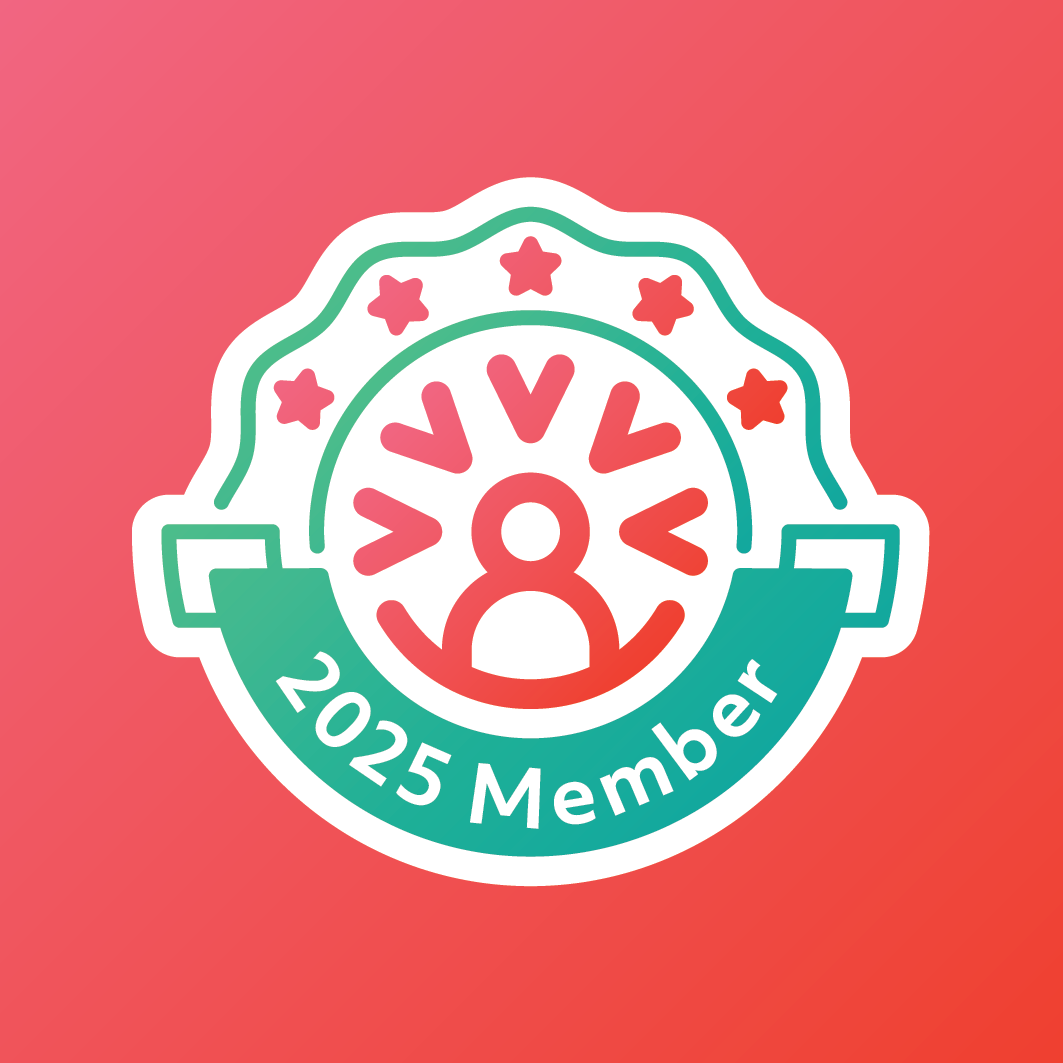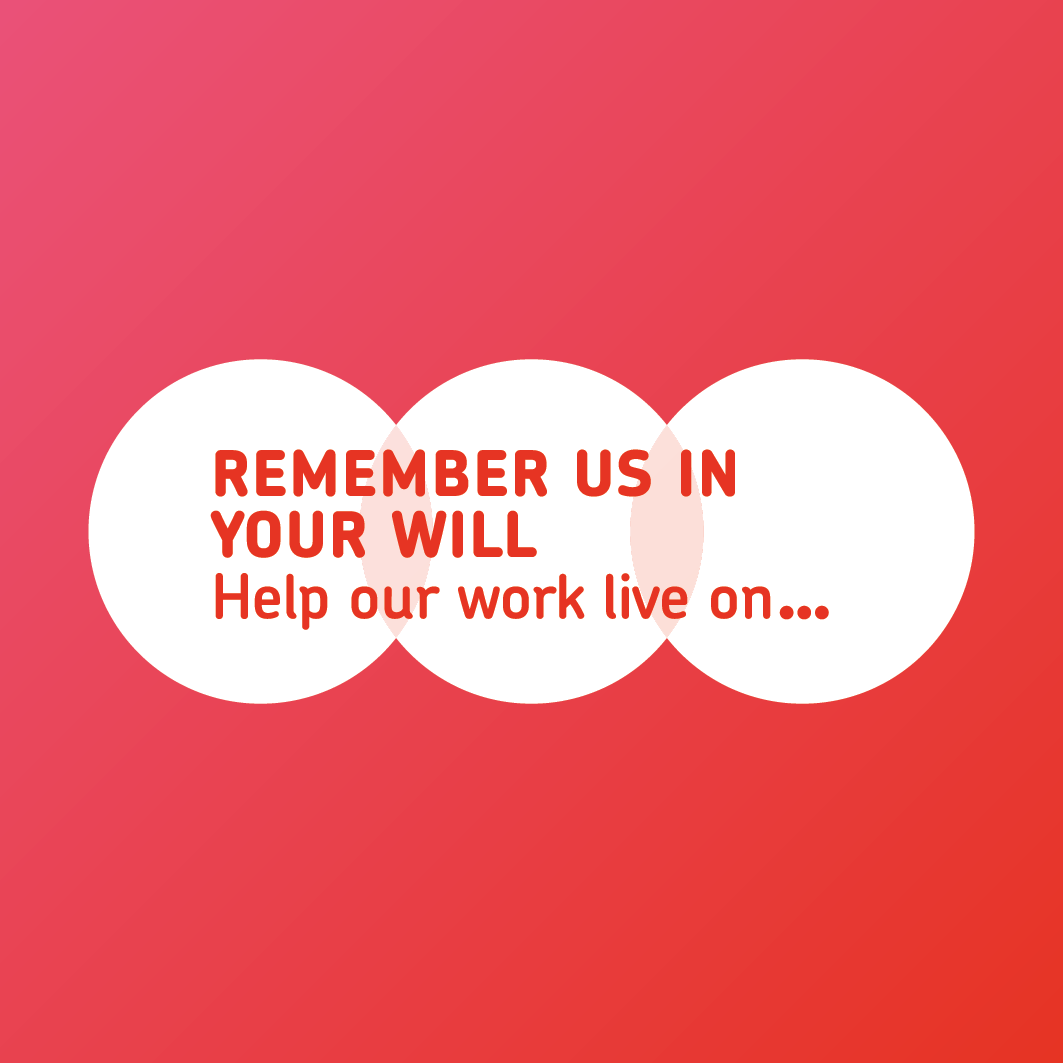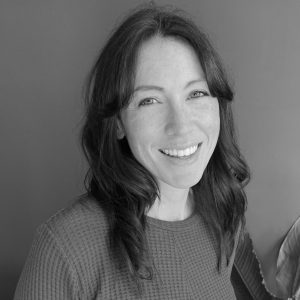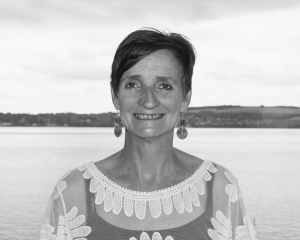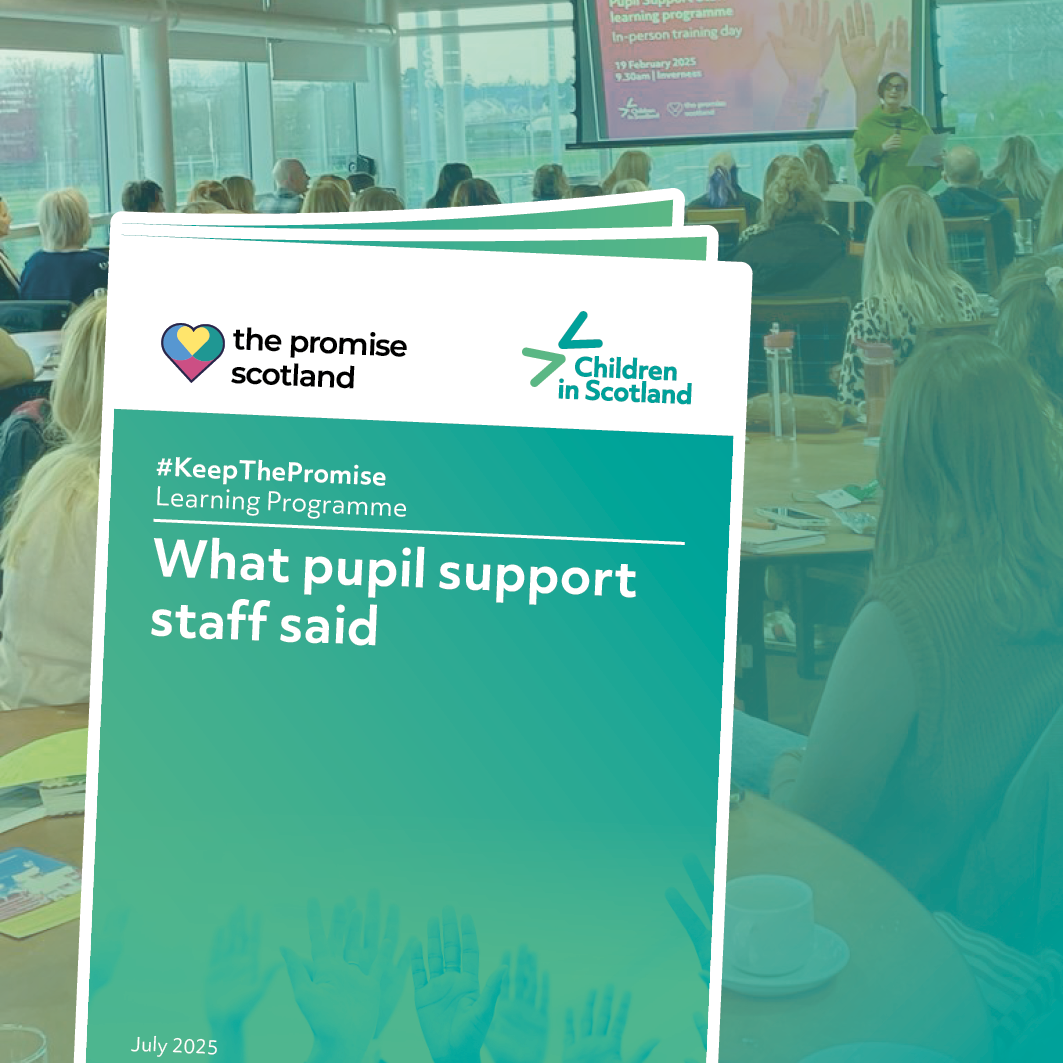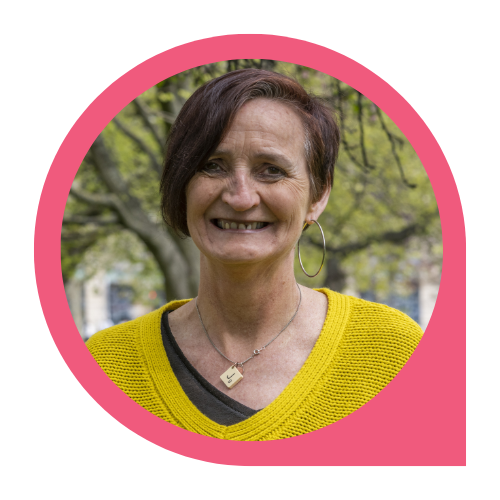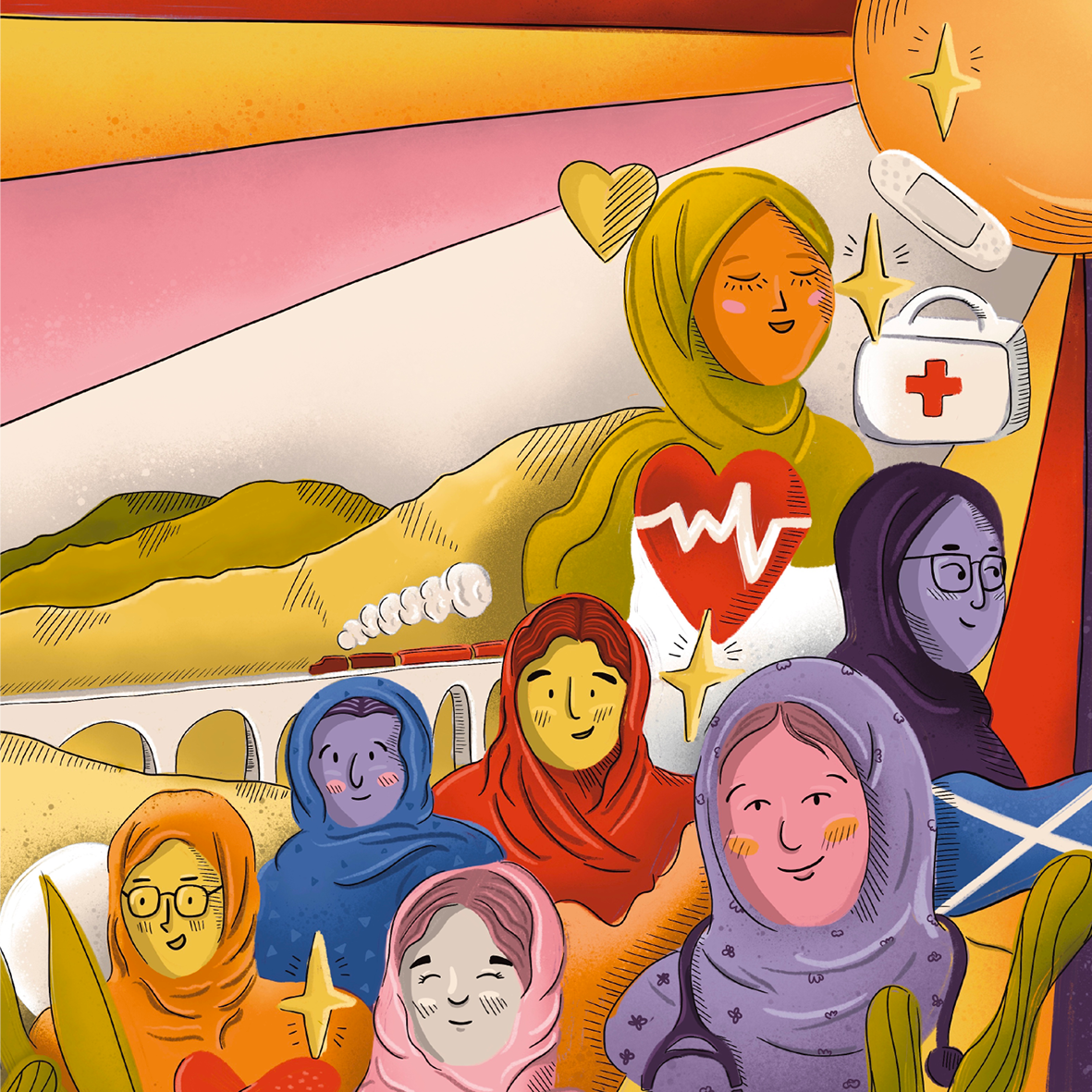I wish I knew about participation work when I was a kid
15 Sep 2025
Innes Burns, Participation and Communications Officer for My Rights, My Say, discusses the importance of participation and youth work, and how it provides a space where young people can channel their energy into something positive.
Not to sound like I’m 29 going on 79, but I guess simpler life in the early 2000s meant I was occupied enough. You went to school, you did everything to avoid doing homework when you got home, and then you were out playing football until dark or training with your local boys club.
…but summer months were short lived and football training was only twice a week. I was never a gamer, so besides the scheduled 7 o’clock MSN or Bebo chat with the girl I’d then avoid in the playground the next day, there was always a missing slot in my week which could’ve fulfilled a passion of mine.
I didn’t really know what that passion was, to be fair. Part of me wishes there was an out-of-school debating club I could get involved in, but the risk of what I perceived to be cool at that age would’ve shunned any meaningful action towards exploring the idea.
It’s hard to explain where that came from emotionally. I loved to organise, be part of something, be heard and recognised, have a sense of community for something that actually mattered.
A short-lived stint in ‘Eco Club’ touched the sides, only for the brutal name-calling that followed to shame me into resigning my membership. It wasn’t the most forgiving generation of playground dynamics.
This is why, to me, participation and youth work more broadly is so important. Providing a space where young people can channel their energy into something positive, trying new things and develop social skills with others.
All contributing to this sense of ‘belonging’ which I can’t understate the importance of.
I’m currently serving as the Participation Officer for My Rights, My Say (MRMS) at Children in Scotland. MRMS helps children exercise their right to be involved in the decisions that affect their education, protected under the United Nations Convention on the Rights of the Child.
I co-run the ‘Young Advisors,’ which ensures a service that champions the voice of children and young people is also guided by them. You can read more about them here.
I’ve always worked with children and young people, from volunteering at the mutli-sports summer camps in Gracemount to working professionally at the Citadel Centre or Mckenzie School of English in Leith, Edinburgh. There’s something about working with young people that gives me so much fulfillment.
...and yet it’s not my professional credentials that I lean into on this subject. I grew up in Scotland and I’ve seen around me what boredom does to young people firsthand. Hanging about parks and ‘Oor Wullie’ style mischief paints a picture of a harmless childhood… but when you add violence, underage drinking, drugs, smoking and serious crime into the mix, that same picture starts to look a wee bit bleaker.
All facets of Scottish society we ought to have more honest conversations about.
In many ways, we only need to look at ourselves as adults to find out a lot about what kids need. We know what the spiral of, for instance, unemployment to society does to a person. That level of detachment is damaging on so many levels.
We see the problems that addiction causes. We bemoan the inequality in access to services, and what that means for correlations in criminal activity and poor mental health.
These patterns are not anything new. We’re all big bairns, to coin an East Coast phrase.
I wish society as a whole would look at its biggest societal problems through a different lens. One that recognises how the challenges we face in adulthood often echo the struggles we experience as children.
Scotland has the highest rates of drug deaths in Europe, we have a mental health crises on our hands and our public services are straining under the weight of demand. These issues don’t appear out of nowhere.
We have to ask ourselves… are we, in part, creating these problems ourselves by failing to properly understand and meet the needs of children and young people? If we neglect those early years, is it any surprise that patterns of isolation, boredom and lack of belonging can later resurface in more destructive forms?
Maybe it isn’t a coincidence. Maybe it isn’t some largely unexplainable ‘Scottish culture’ that leaves us here… Maybe we just don’t invest enough in our foundations.
I guess what I’m really getting at is that if we address the root causes of society’s problems, we could ease the pressure on the supply side of our public services. Right now, our systems are overwhelmed with relentless demand. Is it not about time we ask why that demand exists in the first place? Could it be that our children are holding up a mirror to us, reflecting our behaviours, our values and priorities? If we choose to act on it, to invest in prevention, the strain our services will begin to ease down the line.
Part of that investment is about the kind of relationship young people have with authority. If young people’s main encounters with institutions are ones where they feel ignored, judged or let down, how can we expect them to grow up with trust in society? Authority has to show up for them, because when it doesn’t, young people learn scepticism instead of confidence.
That’s why participation matters. It’s not just about giving young people something to do, it’s about making meaningful interventions at the development stage and giving them support to break a harmful cycle.
...and more broadly, it’s about encouraging society to learn from mistakes that are right in front of us.
Of course, every sector calls for more resources. I’m not saying for a second, despite significant financial pressures in a tough economic backdrop, that Scotland does not already have a wealth of initiatives trying to encourage early years intervention and an incredibly skilled workforce to put this into practice. Like doctors calling for more NHS spending or army officers calling for bigger defence budgets, a third sector worker like myself will always cry out for greater investment in my field.
This wasn’t a call for more funding, more an explanation why I care so much about the sector I work in. It matters.
When we think critically about youth and participation work, we start to see how much it connects to the bigger picture. We shine a light on answers to a whole host of our problems in wider society. I like how my contribution to society does so.
Adult life shouldn’t be about cleaning up mistakes of your past, it should be about fulfilling the potential set by solid foundations in your early years.
That’s why I’m in participation work. I want Scots before me to realise their potential, or encourage the Innes’ of tomorrow to ignore the haters and carry on with Eco Club.
Innes Burns is Participation and Communications Officer for My Rights, My Say


My Rights, My Say
A support service providing advice and information for 12-15 year olds on their rights to additional support
Find out more
My Rights, My Say Young Advisors
Blog: Innes Burns, Participation and Communications Officer for My Rights My Say, introduces our latest youth advisory group
Get to know the Advisors
